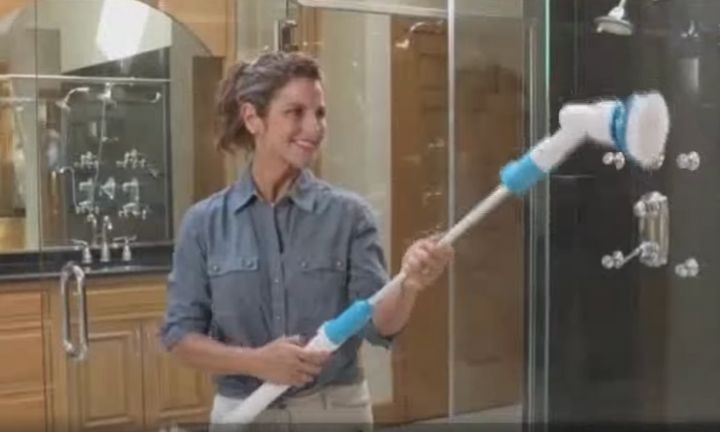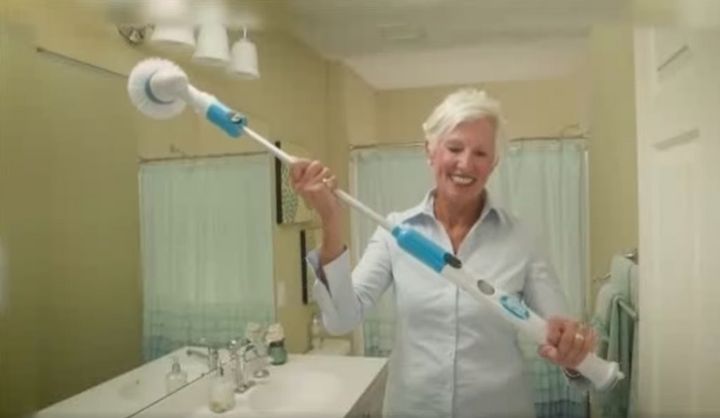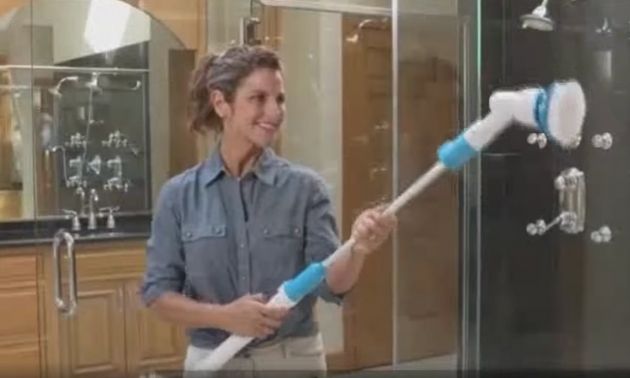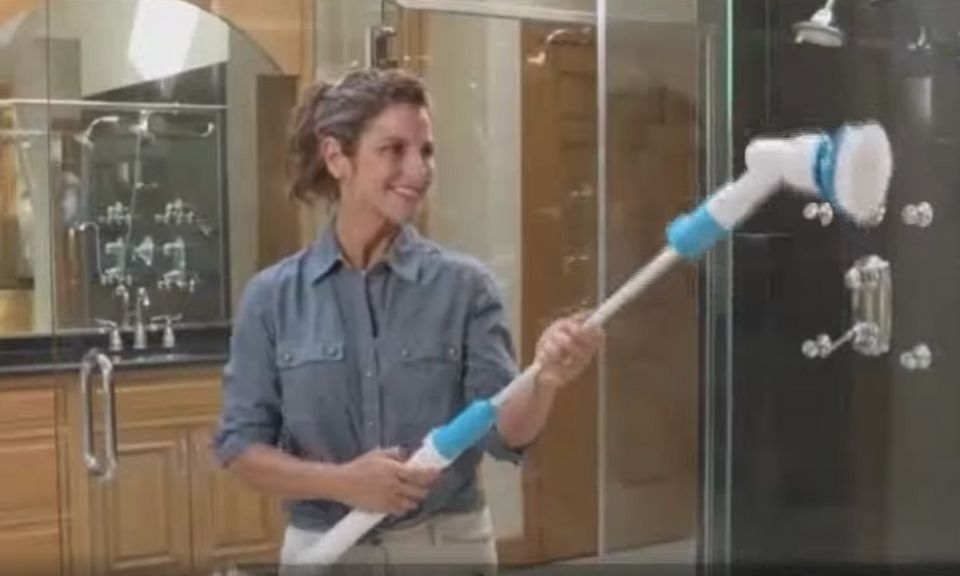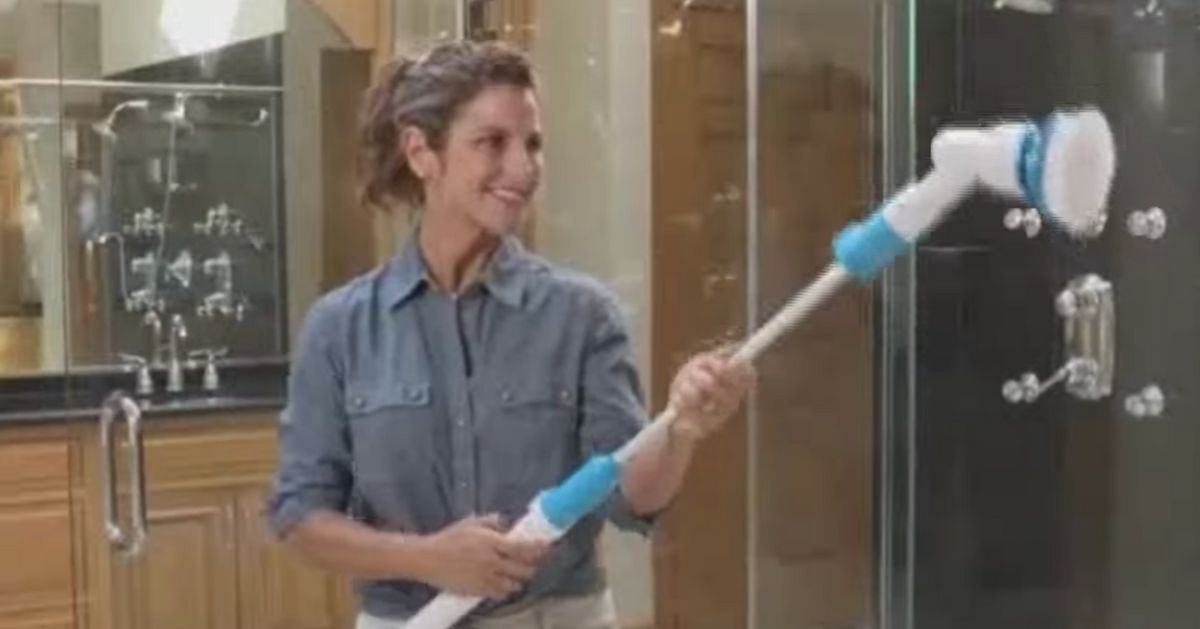Boris Johnson oversaw a “toxic culture” in No.10 which saw the “obvious sexist treatment” of women, according to a former senior civil servant.
In shocking testimony heard by the Covid Inquiry, Helen MacNamara slammed the misogynistic environment in No.10 during the pandemic.
Advertisement
The former deputy cabinet secretary said the “dominant culture was macho and heroic” and “contaminated by ego”.
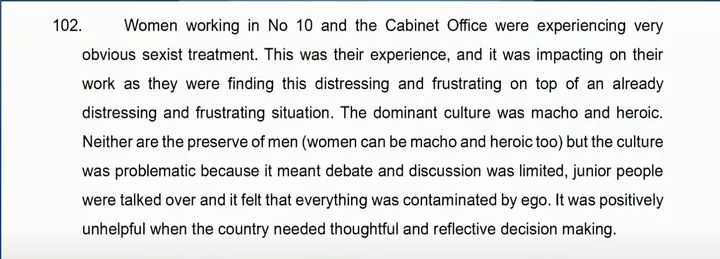
Covid Inquiry UK
Speaking at the Inquiry, she added that she was not alone in her feelings about how No.10 operated.
“Women whose job it was to do something were not able to do their jobs properly because they weren’t having the space or being treated with respect,” she said.
“It was both striking and awful.”
She added that the shift in attitude towards women had been recent and that despite the team always being dominated by men, she would “not have characterised No.10 as an abnormally sexist environment in the context of Westminster”.
Advertisement
Her statement added: “Women who had worked in the Cabinet Office for some time, reported feeling as if they’d become invisible overnight.”
Asked whether the issue resonated purely on a personal level or whether it had wider repercussions, MacNamara explained that culture was “problematic because it meant debate and discussion was limited, junior people were talked over and it felt that everything was contaminated by ego”.
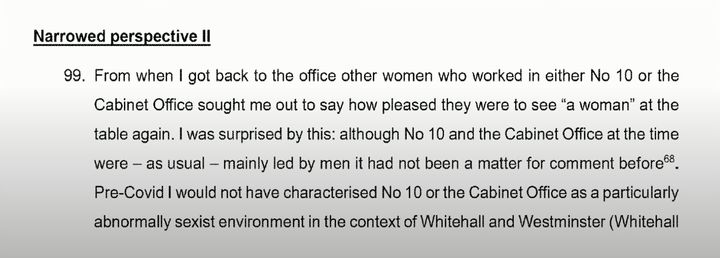
Covid Inquiry UK
Messages revealed earlier in the Inquiry show Dominic Cummings referring to her as a c**t and saying he wanted to “personally handcuff her and escort her from the building”.
MacNamara said she found Cumming’s comment both “surprising and not surprising” as “it wasn’t a pleasant place to work” because Cummings was often angry and frustrated.
Advertisement
She added that Cummings was not alone in this type of attitude and suggested Johnson enabled the casual use of violent and crude language.
The then prime minister’s failure to end this behaviour, she added, was “miles away from what is right, or proper, or decent, or what the country deserves”.








